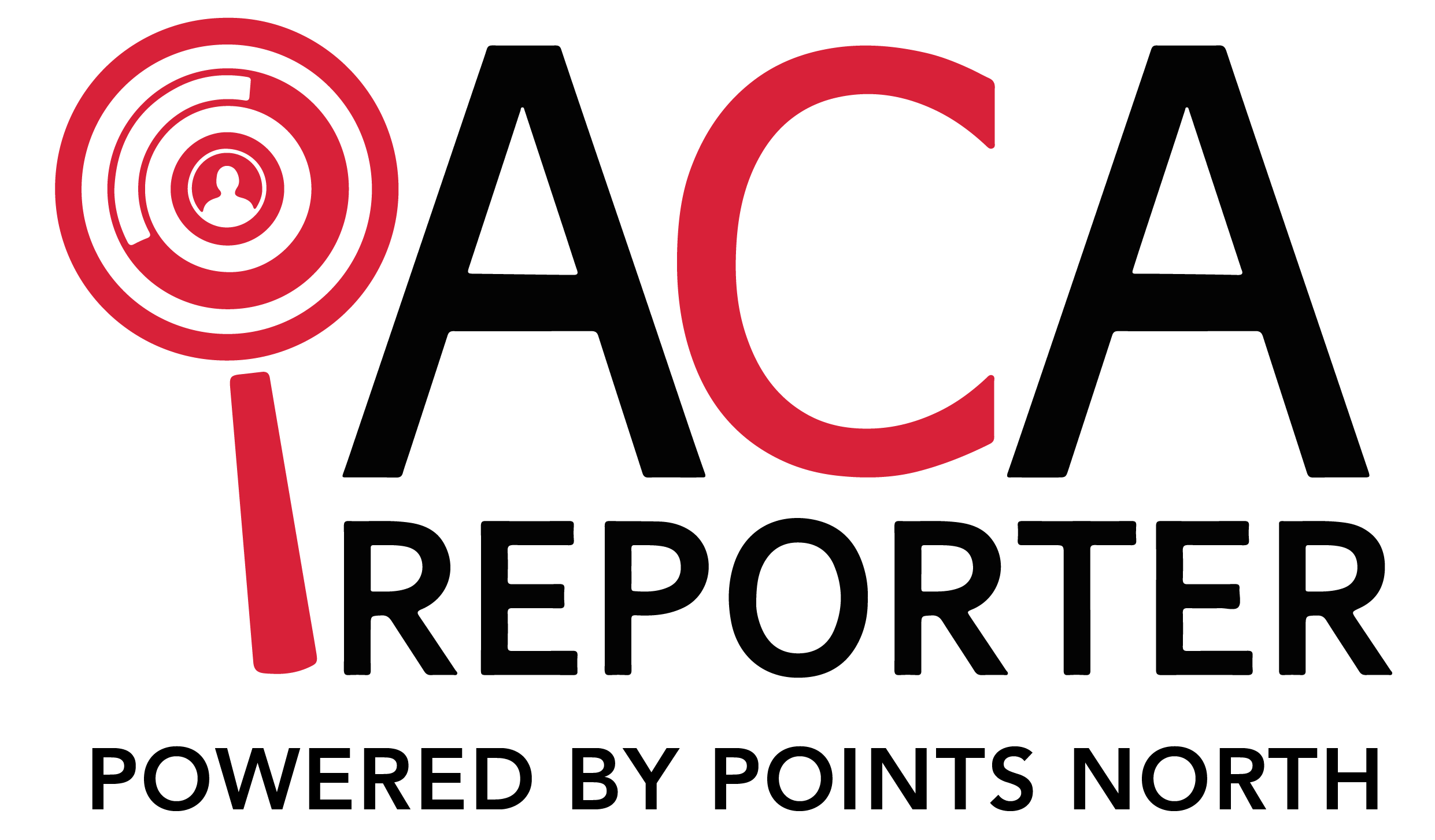The IRS continues to issue employer mandate penalties each year. We want to provide some clarification around these rules to help ensure employers remain compliant. Staying up-to-date with Affordable Care Act (ACA) requirements is key, as penalty amounts have increased over time.
What Is the Employer Mandate?
As a reminder to employers, the Affordable Care Act (ACA) employer mandate requires Applicable Large Employers (ALEs) - organizations with 50 or more full-time employees and full-time equivalent employees - to offer minimum essential coverage (MEC) to at least 95% of their full-time employees and dependents. This coverage must meet minimum value (MV) standards and be affordable for employees to avoid penalties.)
When were Employer Shared Responsibility Provision
When first established, the Employer Shared Responsibility Provision (ESRP) penalties under 4980H (a) and 4980H (b) were a few thousand dollars annually per employee. To provide some context, penalty amounts have risen each year based on premium adjustment percentages.
Recent Changes to Employer Mandate Penalties
The annual ACA employer mandate penalties under 4980H (a) and 4980H (b) continue to increase annually. The IRS updates its "Questions and Answers on Employer Shared Responsibility Provisions (ESRP) Under the Affordable Care Act (ACA)" document each year to communicate the penalty amounts.
These penalties reflect potential annual exposure for each employee either missing an offer of minimum essential coverage, receiving an unaffordable offer, or an offer lacking minimum value. Employers cannot face both 4980H (a) and 4980H (b) penalties—just the greater amount applies.
Why Are There Rising Costs of ACA Employer Mandate Penalties?
In addition to indexed increases, the affordability thresholds used to determine penalties also rise periodically. Affordability is defined based on the cost of coverage relative to an employee's household income.
This means the maximum employee contribution considered affordable will increase over time. Thresholds are adjusted periodically based on factors like changes to federal poverty level (FPL) guidelines.
Rising affordability thresholds, along with other trends like increased ACA enrollment and ongoing regulatory support, underscore the importance of diligent compliance. Non-compliance risks growing penalty exposure as IRS scrutiny increases.
Employers who fail to offer affordable, minimum value coverage could face escalating penalties over time. We're here to help you remain compliant and avoid any unnecessary penalty risk. Please don't hesitate to reach out with any questions around affordability requirements or potential penalties.
Simplify the ACA Employer Mandate & Avoid Penalties
As penalties and IRS enforcement shift, having an expert partner to stay on top of changing regulations is key to minimizing risk.
ACA requirements like affordability thresholds and penalty calculations change each year. Solutions like ACA Reporter simplify compliance by:
- Simplifying 1095 and 1094 ACA Form Filing
- Continuously updating on changing requirements
- Automating tracking to quickly catch issues
- Calculating codes for accurate IRS reporting
- Flagging errors pre-filing to reduce scrutiny
- Storing compliance records
- Providing access to specialist support
- Facilitating any ACA backfiling needs
Partnering with compliance experts helps employers follow evolving regulations and reduce penalty risks. We're here to help you navigate changes confidently.
ACA compliance remains critical as mandates and penalties evolve. While complex, solutions like ACA Reporter simplify reporting and avoid costly mistakes.
As regulations expand, ensuring affordable, minimum value coverage is essential. Leveraging dedicated tools and specialists enables employers to minimize risks.
Prioritizing an optimized ACA strategy can lead to cost savings and an engaged workforce. We're your partner in navigating ongoing changes, providing the technology and knowledge needed to reduce risks.





